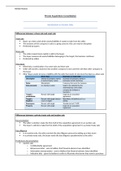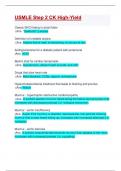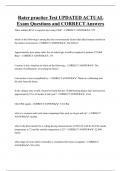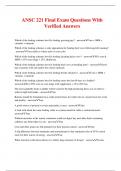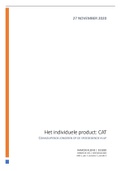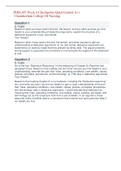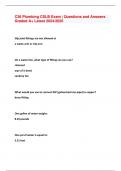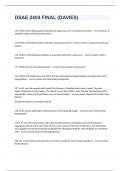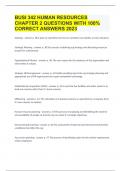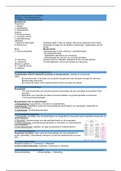Summary
Summary Private Acquisitions BPP - Accelerated LPC - Full Consolidated Exam Notes
- Module
- Private Acquisitions
Notes on Private Acquisitions for the (Accelerated) LPC at BPP University. These consolidated notes have been optimised for exams in line with SGS learning outcomes. These notes are as concise as they can possibly be to make studying for exams quicker while summarising all SGS course content so y...
[Show more]
